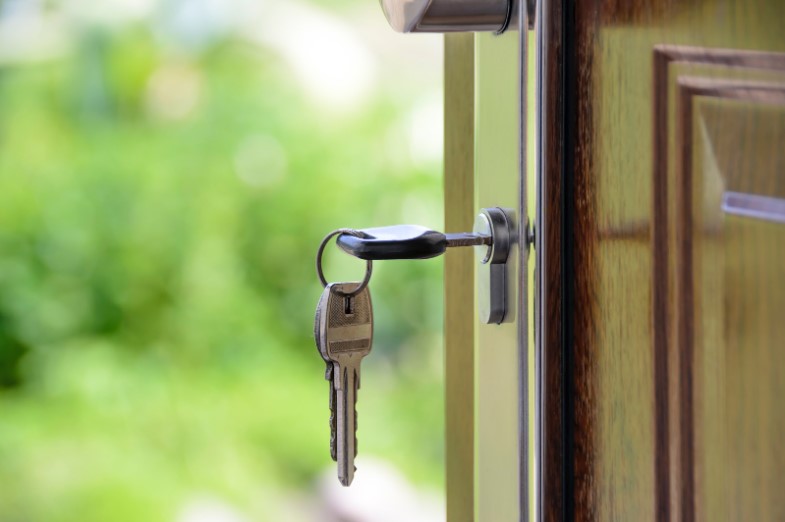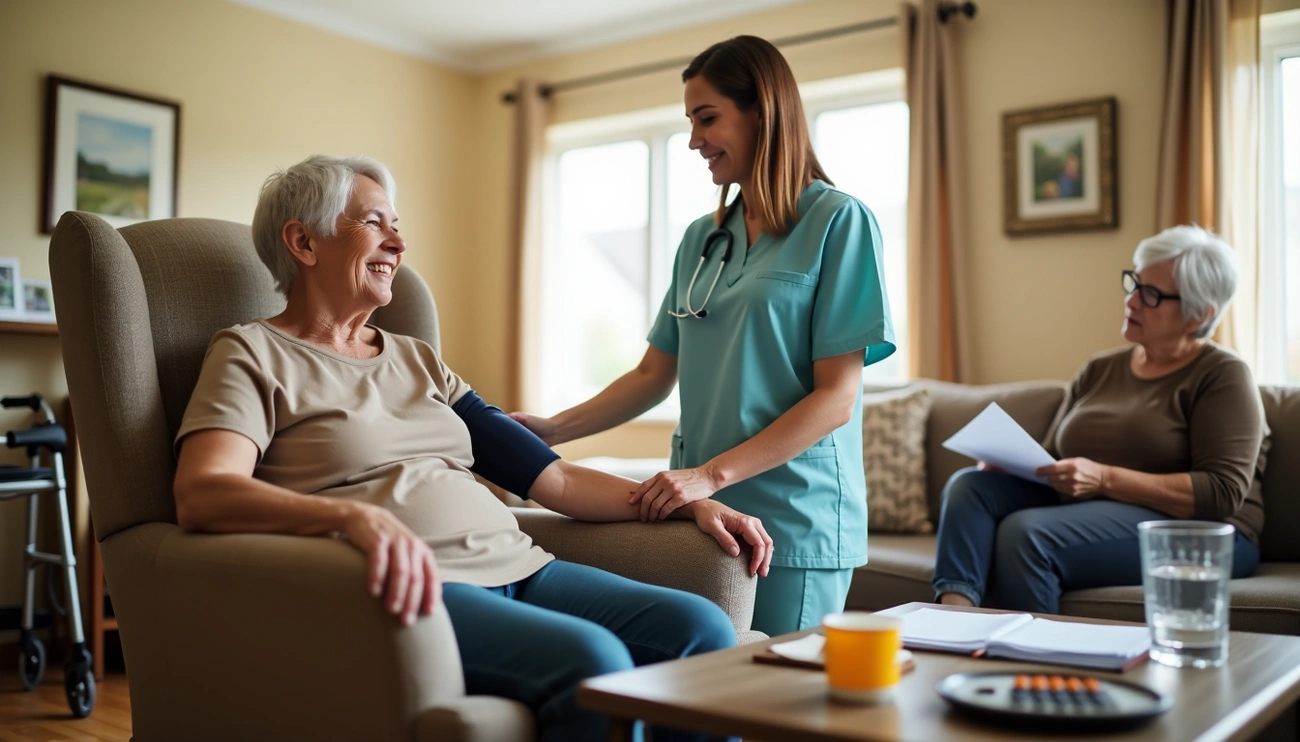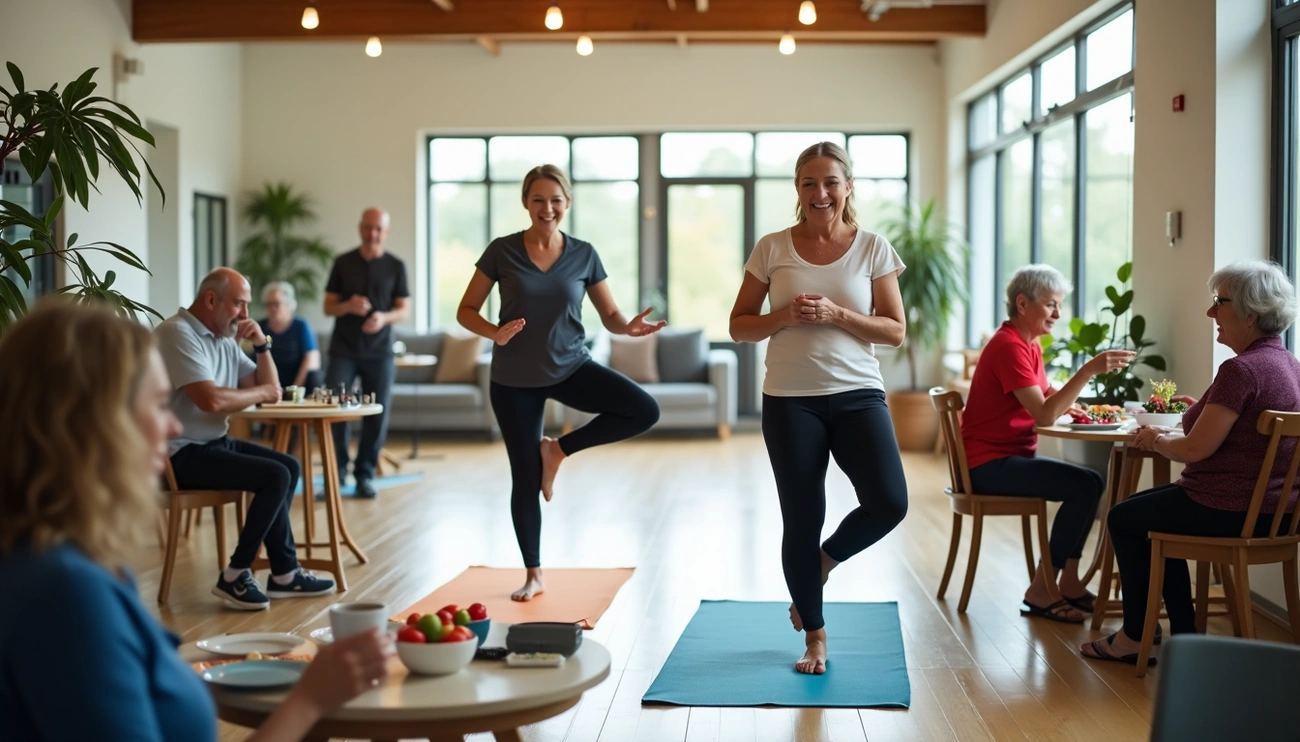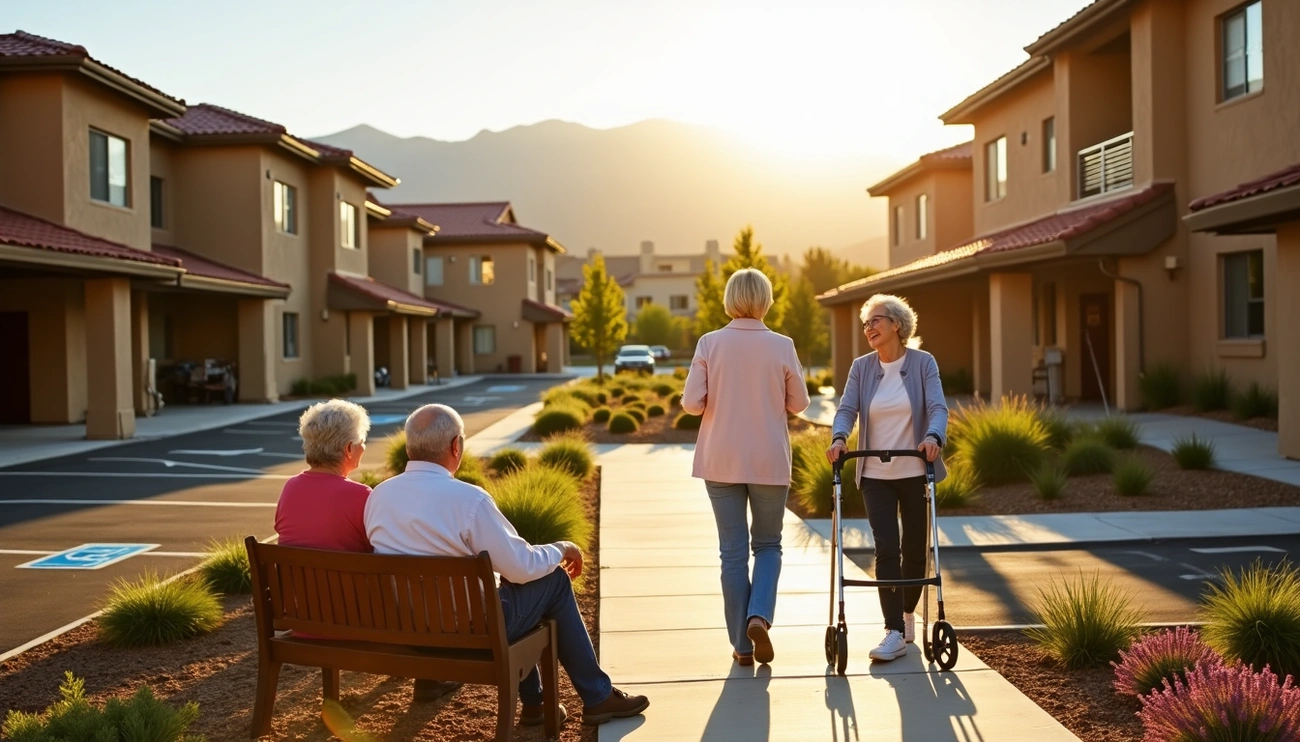Many senior citizens prefer to age at home, but not all seniors are safe aging in their homes. If your aging parent is considering aging-in-place, or if you are serving as a family caregiver to an elderly family member in your own home, there are several ways you can make the home a safer place for your loved one.
Assemble important phone numbers in case of emergency.
In the case that you need to access an important number, you can save yourself considerable time by keeping it nearby the phone, on the fridge, or in another centralized location. Family caregivers and seniors alike will benefit from keeping a list of emergency numbers in the home.
Important Phone Numbers can include:
- 911, which should only be used for life-threatening emergencies.
- The number for a primary care doctor, which can be used for non-emergency medical questions
- The number for your health care provider
- The number of your utility companies
- An emergency contact if you do not have a medical alert system (This can also be programmed in your cell phone)
- Any local emergency authorities in your neighborhood
- The Centers for Disease Control and Prevention, which can be reached at 800-CDC-INFO, or 800-232-4636.
- Poison Control at 800-222-1222, which has specific information from seniors. To keep the whole family safe, they especially recommend childproofing medication containers, since more than one-third of children admitted to the ER with medicine poisoning accessed medication intended for grandparents or senior family members.
You may benefit from a printable emergency numbers list like this template from Apartment Guide.

Keep important paperwork in one place.
Knowing where important information is can save time in case of an emergency. Documents like wills, mortgages, bank statements, etc. can easily become scattered through the house, but centralizing them can be crucial in any situation that requires a fast response time. This information is private, containing sensitive information like Social Security Numbers, so storing it discretely can also be valuable, but knowing where to look for the paperwork you need shouldn’t be an afterthought.
Clear or manage any fall risks.
Six out of ten falls occur at home, meaning that managing the hazards in your home is crucial to staying safe. Fall hazards can be integrated into your home’s design or can be the result of daily living. If you are unable to hire a professional to make home safety assessments, make sure to examine the safety of the entire house. The bathroom is a major risk area, as slippery surfaces can easily cause a fall. If your tub or shower does not have one, consider installing grab bars to help seniors get in and out, or install one by the toilet to aid in getting up and down. Adding non-skid pads on the floor can help keep them dry and less slippery to help avoid serious injury. Keep a clear path in the home, picking up toys or clutter constantly; people with children or animals may need to double-check that toys are kept out of walkways more often. Area rugs throughout the home can also be hazards, so removing them can assist in fall prevention.
Bright lighting is also key in preventing a fall. Lights should be accessible on both ends of any staircases and hallways, as poor lighting can make it hard for a person with impaired vision to see potential hazards when walking. Installing night lights can also support fall prevention and can be critical if the overhead lighting is somehow unavailable. The additional lighting can illuminate changes in the surface of the floor (i.e. carpet to hardwood) which can also cause serious injury. Looking upwards, try to keep belongings lower to the ground rather than putting them on tall shelves, which pose fall risks. This is particularly important in kitchens with high cabinets, where dishes or food might not be in easy reach of the average senior citizen. Family caregivers can always help loved ones reach these items, but even with a sturdy step stool, heights pose a significant health risk to the aging adult.
Consider a medical alert system.
A medical alert system provides an aging adult with an emergency call button they can wear on their person at all times in case of a fall or medical emergency at home. This is especially important for seniors who spend significant amounts of time on their own or who maintain an independent lifestyle. Keeping emergency services at an easy reach can be life-saving. Several companies offer these systems, each with different features and ranges. Not all systems can function outside of your home, for example, which might not accommodate an active lifestyle. If you are struggling to decide on a system for yourself, consider how often you plan on leaving home, whether or not you want a monitoring system as well, and if you may need to return the device if it doesn’t meet your needs. Particularly for individuals with hearing aids, the system may not be loud enough to hear, but not all companies offer free returns on their systems.
Install alarms and home security systems.
While it can be a significant cost, a home security system can bring peace of mind to senior citizens and family caregivers alike. Systems can vary in their offerings and price points, but many include front door camera monitors, sensors for all exterior doors and windows, and fast emergency contact times. Keeping your home secure is especially important for the elderly, who may not be able to travel as quickly in case of emergency or in the dark and who may be living alone. Make sure to look for a security system that is easy-to-use when shopping.
Make sure your home’s smoke detectors are up-to-date and accessible.
Security systems can expand beyond intruder monitoring systems. Make sure that your home is prepared with adequate smoke alarms and test them to make sure that they work. Write down when you last changed the battery and make a note of when they’ll need to be changed again. The U.S. Fire Authority recommends testing your smoke alarm once per month, replacing the batteries at least once per year, and replacing the alarm itself every ten years. If you or your loved one is deaf or hard-of-hearing, look for a smoke detector that will also emit strobe lights. Some alarms also have vibration systems that can rest under pillows and will vibrate in case smoke is detected.
Other fire safety tips include keeping a fire extinguisher near your kitchen and making sure that you can operate it. Adults with joint pain or stiff fingers may have difficulty pulling the pin out of the device or pressing down the handle. Keeping small appliances unplugged when not in use can prevent fire as well, though this can be a challenge for adults with memory loss, who may need additional assistance in the kitchen. In the case of evacuation, keeping emergency paperwork and items like car keys easily accessible (ideally near the front door) can help keep everyone safe.
Keep a carbon monoxide alarm in your home.
Like smoke alarms, Carbon monoxide detectors are designed to alert you to a potential emergency. Carbon monoxide poisoning is especially common in winter when cold weather drives the use of indoor heating systems and water heaters. As older people can be more susceptible to carbon monoxide poisoning, it is extremely important to have one installed near the bedroom. Lower your risks of carbon monoxide poisoning by keeping any heating systems, appliances, gas lines, and water heaters up-to-date and maintained. Have a disaster plan in place.

Plan ahead for emergencies and disasters.
In the case that a natural disaster occurs in your area, you’ll need to be prepared to last a few days in your home or be prepared to shelter elsewhere. The American Red Cross has a full Disaster Preparedness Guide for seniors by seniors, which offers countless recommendations on how to plan for an emergency. Evaluate the risks you may face in your specific region, whether your town is prone to winter storms or earthquakes, and plan accordingly.
Keeping a go-bag can be helpful in the case of any evacuation. Important paperwork, medication, and other supplies can be centralized in one location to ensure a timely egress from your home. In some cases, you may need to be prepared to shut off utilities in the home, so keeping water and nonperishable food stocked is important. Keep a flashlight and extra batteries in your home as well, since, in the case of any electrical outages or gas leaks, it may be too dangerous to light matches or candles. Keep assistive devices like wheelchairs and walkers labeled with your information so that they aren’t misplaced in the case that they are separated from you during an evacuation.
Understand your community’s plans for emergencies and disasters. Get in contact preemptively with local authorities and services to learn about their plans for when you would be expected to shelter-in-place or when you would be expected to evacuate. If you cannot drive yourself, communicate with the city about their plans to evacuate individuals who need assistance traveling. The best way to stay safe in case of any emergency is to plan ahead for it.
References:
https://www.aarp.org/caregiving/home-care/info-2019/safety-tips/
https://www.healthinaging.org/tools-and-tips/tip-sheet-home-safety-tips-older-adults
webmd.com/healthy-aging/features/keeping-seniors-safe-in-their-own-homes
Images
- Pexels, PhotoMIX
- Pexels, Pixabay
- Pexels, Pixabay












